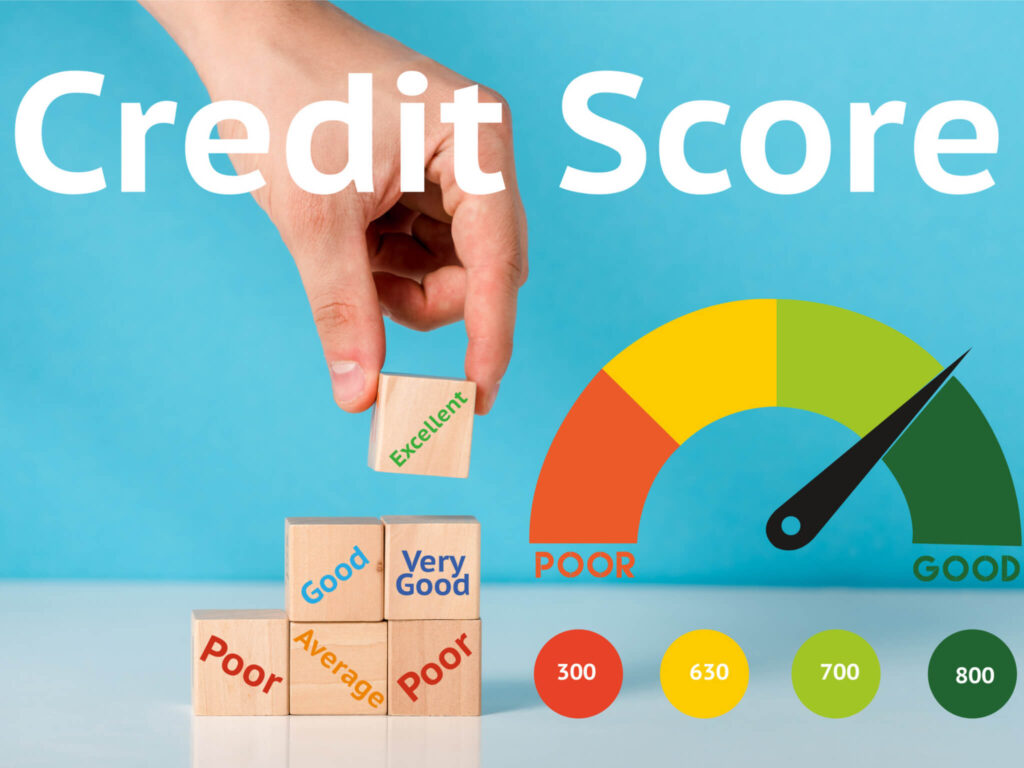Your credit score is a vital number that impacts your financial freedom and determines your eligibility for various loans, credit cards, and other financial opportunities. Whether you’re looking to apply for a mortgage, buy a car, or simply improve your financial standing, understanding the factors that affect your credit score is crucial.
Having a low credit score can have a significant impact on your ability to secure a mortgage. When lenders evaluate loan applications, they heavily consider the applicant’s creditworthiness, which is determined by their credit score. A low credit score indicates a higher risk for lenders, making it more challenging for individuals to obtain favorable loan terms.
For home buyers with a low credit score, securing a mortgage may be more difficult as lenders may be hesitant to approve their applications. Even if approved, borrowers with lower credit scores often face higher interest rates and less favorable loan terms compared to those with higher scores.
The type of mortgage you can qualify for may also be affected by your credit score. Conventional mortgages typically require higher credit scores, while government-backed loans such as FHA loans may have more lenient requirements for borrowers with lower scores.
It’s important to note that improving your credit score is not an overnight process. It requires responsible financial habits such as paying bills on time, reducing debt, and keeping credit utilization low. By taking steps to improve your creditworthiness over time, you can increase your chances of securing a mortgage with better terms and potentially save thousands of dollars in interest payments over the life of the loan.
Steps to Maintain a Healthy Credit Score:
Step 1: Obtain and review your credit report – You can request a free credit report annually from each of the three major credit bureaus (Equifax, Experian, and TransUnion) at AnnualCreditReport.com. Review it for any errors or discrepancies.
Step 2: Pay your bills on time. Set up automatic payments or reminders to ensure you never miss a payment.
Step 3: Reduce credit card balances. Aim to keep your credit utilization ratio below 30% by paying down your credit card balances.
Step 4: Avoid closing old credit accounts. Closing old credit accounts can impact your credit history. Instead, keep them open and occasionally make small purchases to keep them active.
Step 5: Be cautious with new credit. Apply for new credit only when necessary and avoid multiple applications within a short period.
In summary, having a low credit score can negatively impact your ability to secure a mortgage and result in less favorable loan terms. However, working towards improving your creditworthiness, regularly monitoring your credit report, and practicing responsible financial habits will help you increase your chances of obtaining a mortgage that suits your needs and financial goals.
If your goal for this year is to buy or refinance your house but you are concerned about your credit score, you can call us or apply today. We will analyze your credit report and will help you improve your credit to achieve your goal. Apply here to start your free credit consultation.
Kaddijha A
®Sodo Lending Inc

